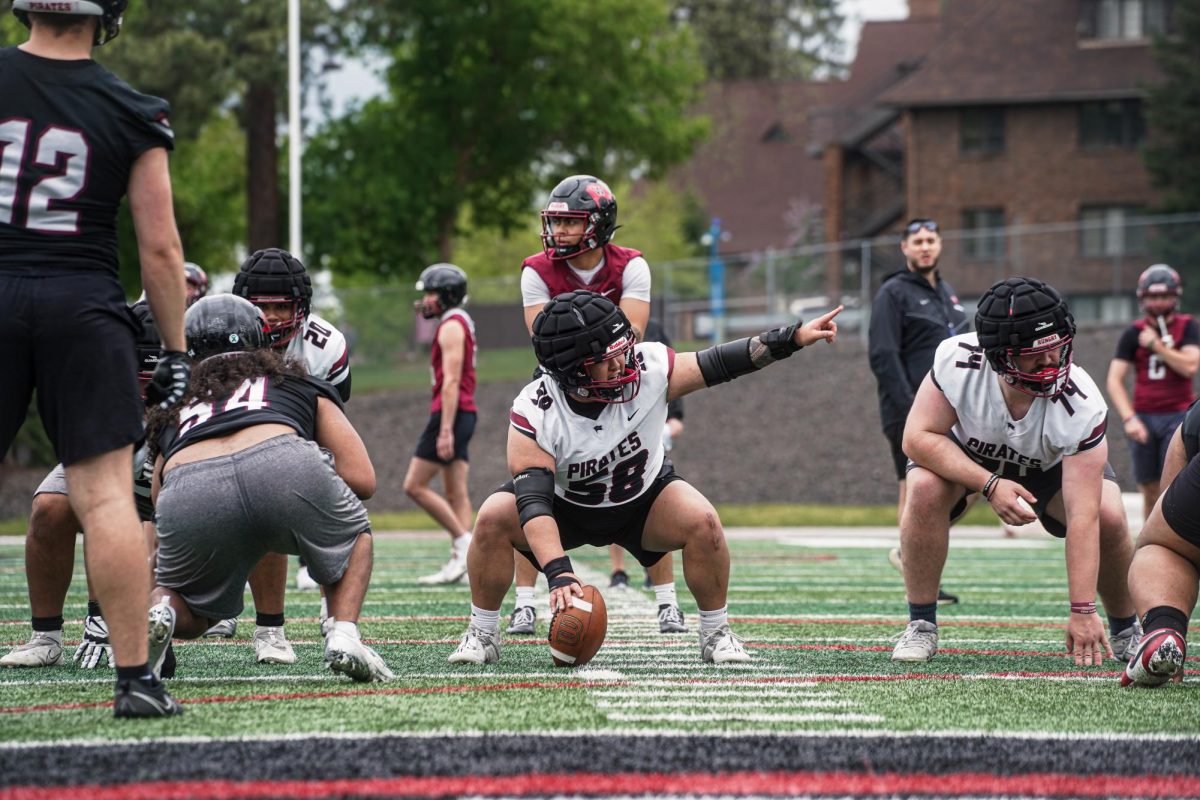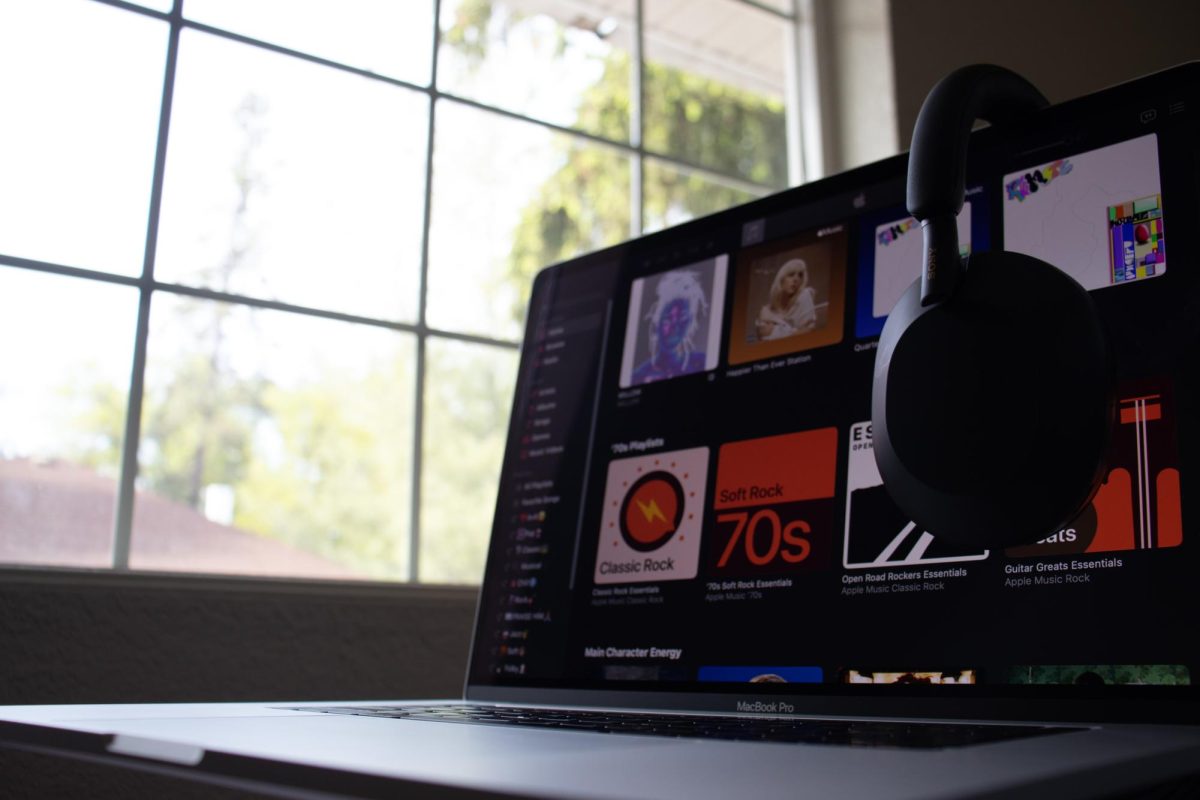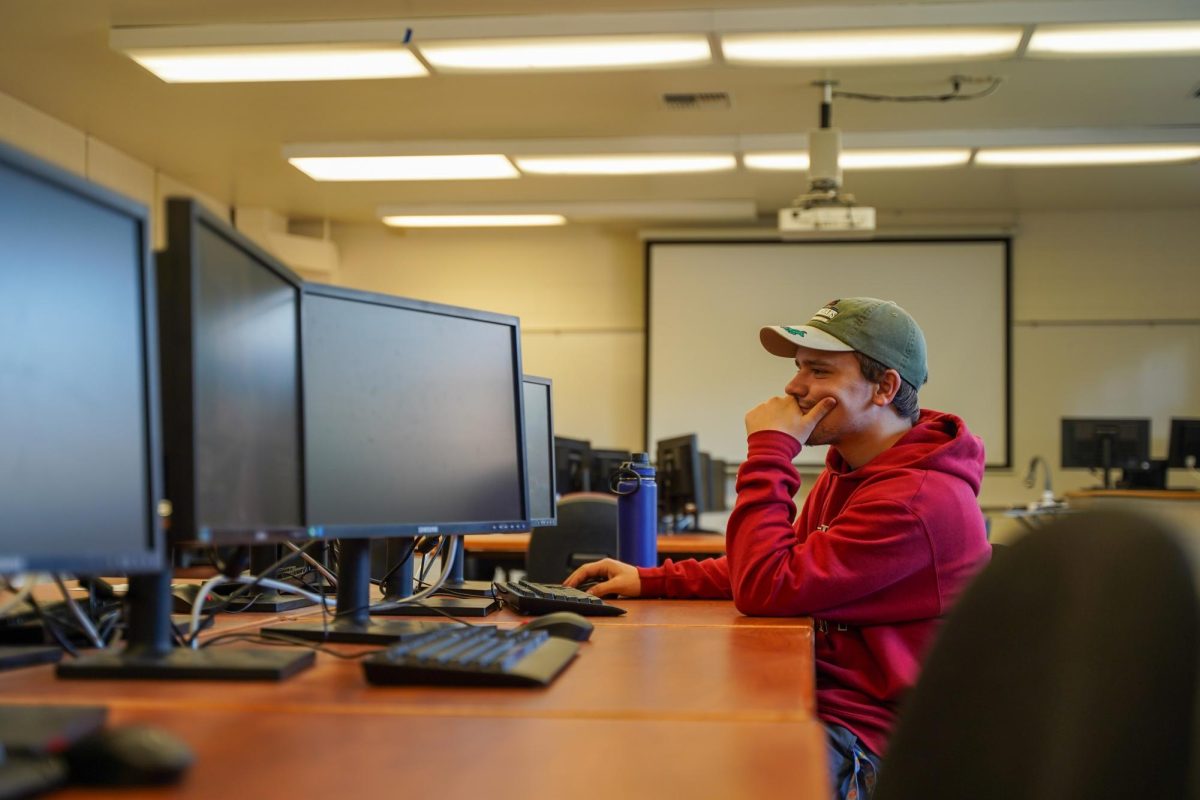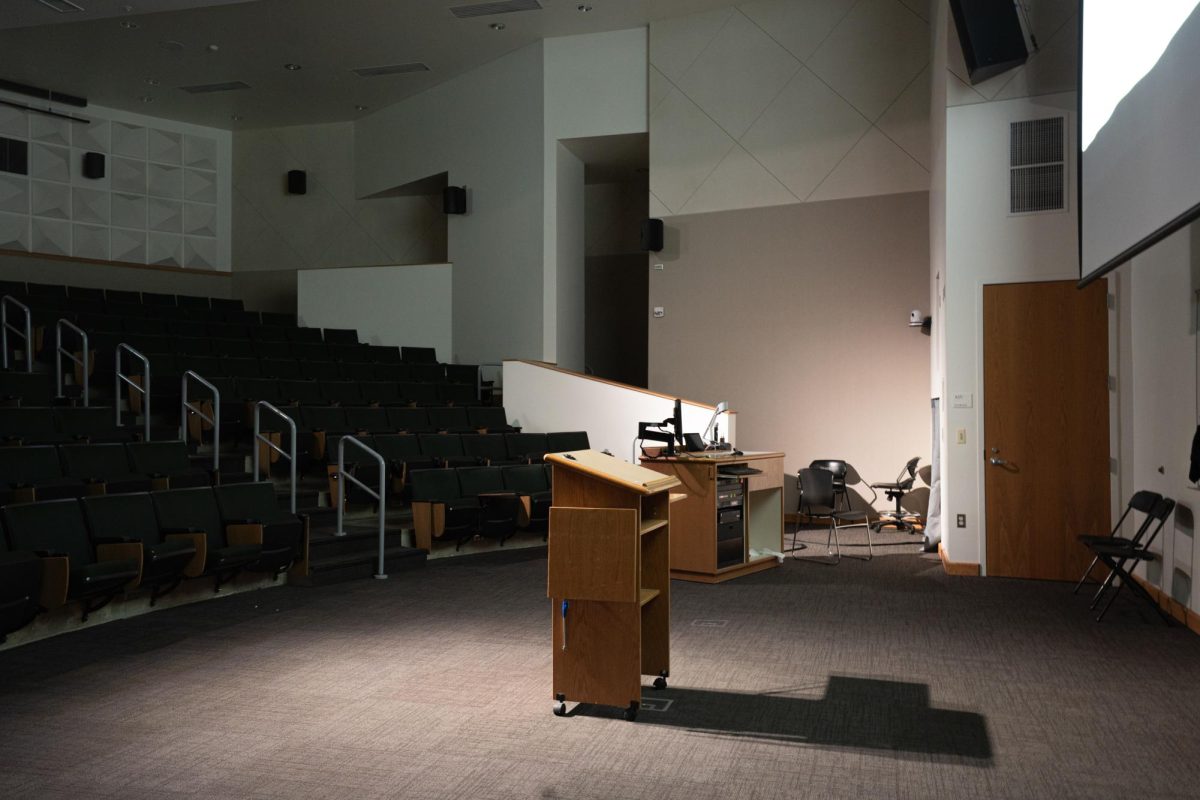Whitworth’s political science and environmental science departments put on a film screening of “Covenant of the Salmon People” along with a Q&A panel. Featuring Chedde Wilson, the communications manager for Nez Perce Tribe and Emmit Taylor, the Fish and Watery Division director to answer lingering questions following the screening. The film is a documentary about the Nez Perce Tribe’s relationship with the depleting salmon populations and their history since 1855.
Beginning the event with the official Whitworth Land Acknowledgement and introductions of the speakers, Wilson and Taylor told the audience about themselves and what they would like people to take away from their film.
“My request for you is to watch this film with an open mind and an open heart,” stated Wilson.
“What matters to me is that this movie gets to you,” Taylor told the audience before the screening.
After the film, many people stayed to speak with Wilson and Taylor about the culture, impact and call to action within the documentary. The questions primarily focused on the political aspects of the Native issues emphasized in the film.
“It [The Native American Graves Protection and Repatriation Act] is a signed treaty and therefore it is the supreme law of the land […] Personally, I am not that worried about it because of the law,” Wilson responded to a question about the change in the Presidential administration.
Alternatively, Taylor expressed his fears in relation to the Trump administration. “Fish and wildlife services, the ones who are trying to protect us, have been getting cut like you wouldn’t believe,” he added.
“When is it that you finally say enough?” commented Taylor. “We do all this conservation stuff, but it’s the dams [that cause the lack of salmon].”
He added that this documentary should be shown to the government officials who are making their own conclusions without proper information.
Whitworth students wanted to know how to get involved with the issues Indigenous communities face and how to stay hopeful for the next generations. Wilson responded by suggesting students volunteer, engage with additional education materials, or donate specifically to salmon preservation.
In terms of hope, Wilson responded, “the biggest thing that has given me hope is the tribal members who actually leave the reservation, get an education,” and return to the reservation to use their experiences to better their people. Additionally, Wilson mentioned the ways she raises her son to “be vocal.”
You can find the documentary, “Covenant of the Salmon People,” here on their official website.











